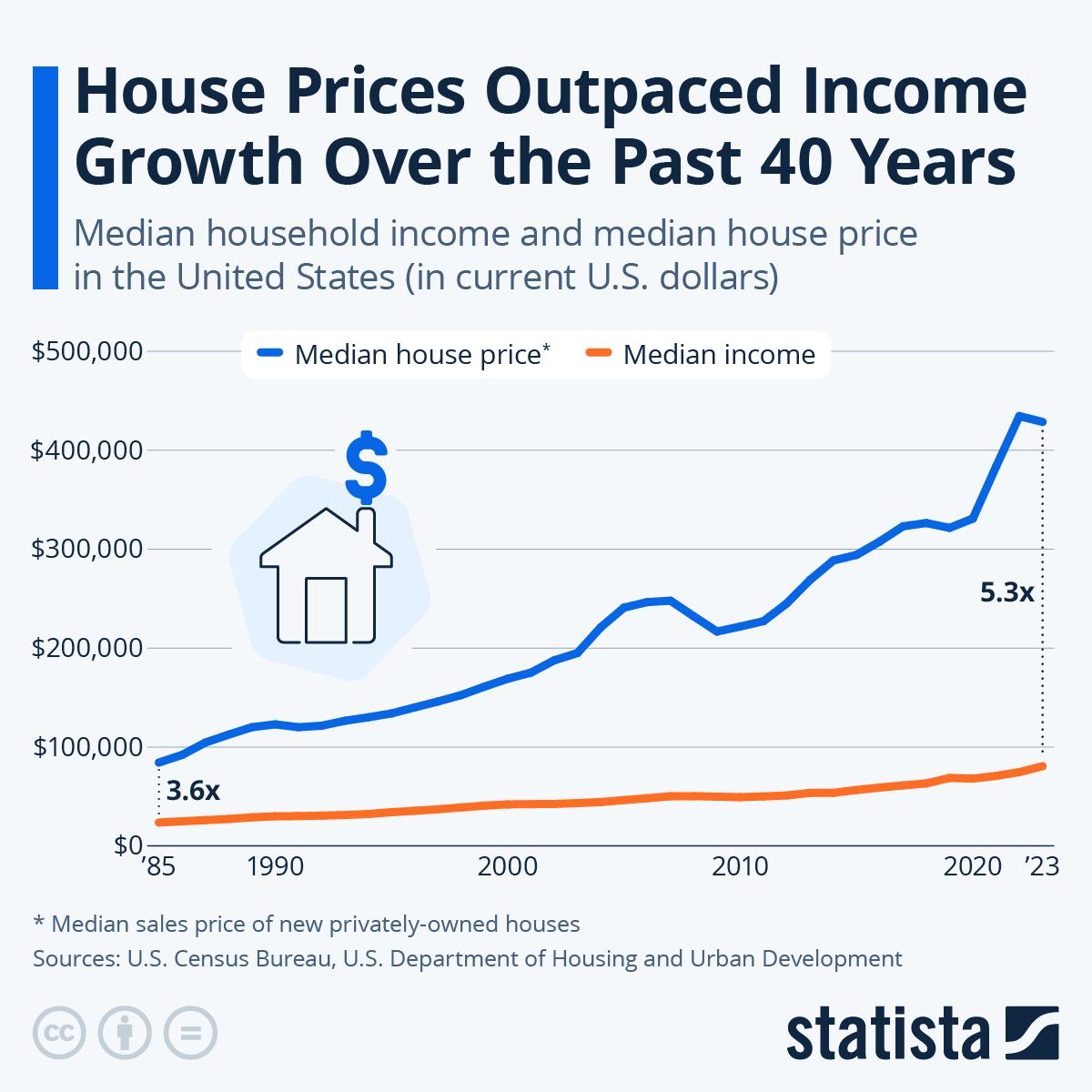This is a great example of a very clever person using their sharpness to deceive. This piece is using a lot of econ (emphasis on the “con”) terms and pseudointellectualism to sneak in NIMBYism. Essentially, this entire argument is purpose-built to say: We shouldn’t build anything because landlords will inevitably charge the monopoly price no matter what.
I’m sure someone proposed building an apartment complex in his neighborhood. So now he’s upset because his house price might fall and writes this article “proving” it’s a bad idea.
Meanwhile, when Austin built more new apartments than anywhere else in the country, rents fell a large amount. Shocking.
All of this is a result of NIMBYs and the left utterly despising the Klein & Thompson Abundance book. It really gave them quite a scare and bedevils their dreams. Just the thought of someone slightly poorer than them living anywhere nearby keeps them up at night.
So they write clownish sophistry like the article to which I linked.

 (@aaron_renn)
(@aaron_renn)